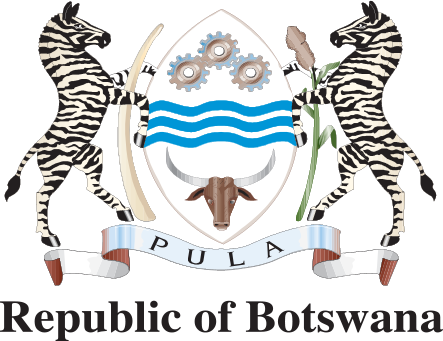Distribution of judgements
Decisions of the High Court and Court of Appeal are available in hard copy or electronic format by email to members of the public who subscribe to receive them quarterly throughout the year.
Any individual or organisation can request this service from the High Court and Court of Appeal.
- Members of the public can subscribe for this service at the Court of Appeal .
- Members of the public can collect the judgments after every session.
- Physical copies of these judgements are only available at the High Courts.
- Additionally, judgments are available online on the South African Legal Information Institute (SAFLII) website.
- Payment for subscriptions can only be made in person at any court. A copy of the subscription payment receipt is sent to the Court of Appeal for processing.
- Alternatively, members of the public can sign up for individual judgements and pay per page.
Presentation of the receipt.
Registration is available at the High Court and members of the public can collect the latest judgement as soon as payment is made.
Court of Appeal
Private Bag 00316
Gaborone
Botswana
Tel: (+267) 371 8000
Gaborone High Court
P O Box 00220
Gaborone
Botswana
Tel: (+267) 3718000
Fax: (+267) 3915119
Francistown High Court
Private Bag F13
Francistown
Botswana
Tel: +267 241 2125
Fax. (+267) 2416378
Lobatse High Court
Private Bag 001
Lobatse
Botswana
Tel: (+267) 5338000
Fax: (+267) 5332317
- An annual charge of BWP1,500.00 applies.
- Alternatively, individual judgments can be requested at BWP5.00 per printed page.
- Payment is only accepted in cash.
Judgement distribution, judgements, judgements printouts, judgement copies
